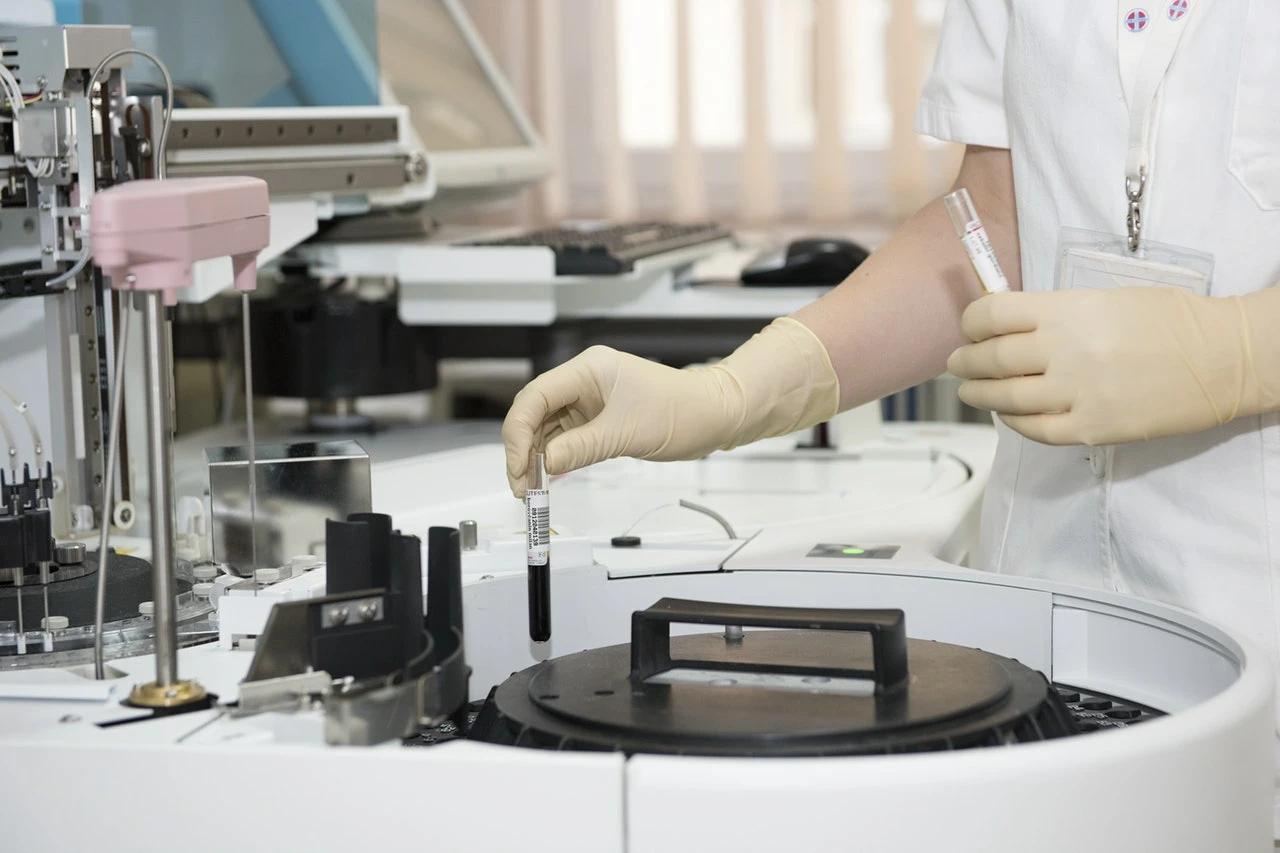
Government unveils £1.3bn investment for 'pioneering' early disease detection research
Thousands of lives could be saved by new research to detect deadly diseases before symptoms even appear, with a new collaboration between the government and the Life Sciences Industry.
The deal will also announce that global biopharmaceutical company UCB is investing £1bn into research and development, including in a new state-of-the-art facility.
The programme, backed by up to £79m of government funding, will study five million healthy people to develop new diagnostic tests using AI.
It is part of the government’s Life Science’s Sector Deal 2, announced today (December 5) by businesses secretary Greg Clark and health secretary Matt Hancock.
The deal, which brings together 10 companies and is backed by many organisations from across the sector, includes more than £1.3bn of investment between the public and private sectors.
Business secretary, Greg Clark, said: “From the first vaccine to the discovery of DNA, the UK has always been at the forefront of medical endeavour and healthcare innovations.
“That is why we are building on our unique strengths by placing life sciences at the centre of our modern Industrial Strategy, backed by the biggest increase in public research and development investment in UK history.
“This is our modern Industrial Strategy in action as we work hand in hand with industry to ensure the UK remains the go-to destination for launching new businesses, new discoveries and treatments to benefit health around the world.”
The programme is said to be led by Professor Sir John Bell and brings together the NHS and charities including Cancer Research UK, British Heart Foundation and Alzheimer’s Research UK.
It is said to be the largest ever study of its kind collecting such a range of data from healthy volunteers over years.
This will help deliver the Early Diagnosis Mission - part of the Industrial Strategy’s AI and Data Grand Challenge. Businesses will be able to access this funding through UKRI-managed competitions.
It is estimated that if late stage diagnosis were halved across bowel, ovary, prostate and lung cancer, over 55,500 more people would be diagnosed at an early stage, potentially resulting in 22,500 fewer deaths per year within five years of diagnosis.
Health Secretary Matt Hancock, added: “I want the UK to have the most advanced health and care system on the planet.
“Technology and artificial intelligence have the potential to revolutionise healthcare by unlocking the next generation of treatments, diagnosing diseases before symptoms appear and helping patients take greater control of their own health.
“Our world-leading plans to map 100,000 genomes is just one example of how innovation can deliver life-changing results for patients and we want to build on its success to provide patients with truly personalised care.”
Looking to promote your product/service to SME businesses in your region? Find out how Bdaily can help →
Enjoy the read? Get Bdaily delivered.
Sign up to receive our popular morning National email for free.




 test article 123456789
test article 123456789
 hmcmh89cg45mh98-cg45hm89-
hmcmh89cg45mh98-cg45hm89-
 test456456456456456456
test456456456456456456
 test123123123123123123
test123123123123123123
 test xxxdiosphfjpodskhfiuodsh
test xxxdiosphfjpodskhfiuodsh
 Savour the flavour: North Tyneside Restaurant Week returns for 2024
Savour the flavour: North Tyneside Restaurant Week returns for 2024
 Six steps to finding the right buyer for your business
Six steps to finding the right buyer for your business
 Stephen signs off on a special night
Stephen signs off on a special night
 Life’s a Peachaus: Gillian Ridley Whittle
Life’s a Peachaus: Gillian Ridley Whittle
 Making a splash: Phil Groom
Making a splash: Phil Groom
 Making workplace wellbeing a priority
Making workplace wellbeing a priority
 A record of delivery, a promise of more: Ben Houchen
A record of delivery, a promise of more: Ben Houchen